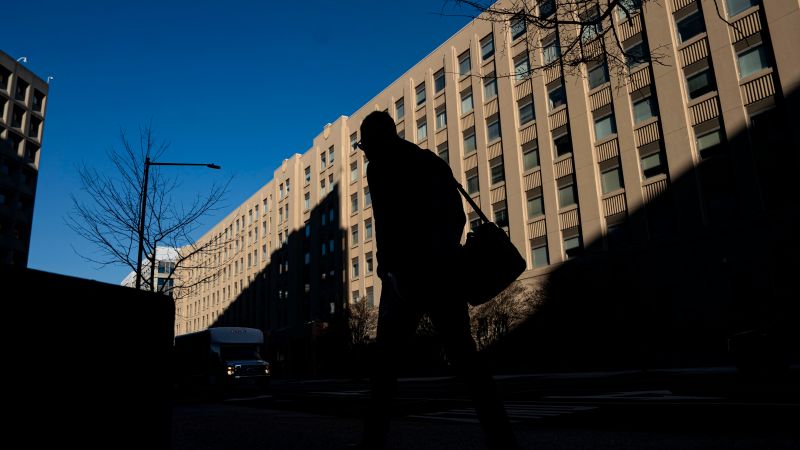Elon Musk’s Department of Government Efficiency (DOGE) is leading a significant reduction in the federal government’s civilian workforce, which totals 3.02 million employees. Economists suggest that while these mass layoffs may not severely impact the national economy or disrupt the strong job market, they pose substantial risks to affected workers and local economies. Federal employment constitutes less than 2% of the total U.S. civilian labor force of 170.7 million, mitigating broader economic effects.
Estimates indicate that thousands of probationary workers have already been laid off, with projections suggesting up to 80,000 such job cuts. Additionally, between 200,000 to 300,000 federal jobs could be eliminated, alongside risks to 450,000 contractors. Economists warn that uncertainty from these layoffs could lead to hesitancy in the labor market, though some displaced workers might transition to the private sector.
Local economies heavily reliant on federal employment, particularly in Maryland, Virginia, and Washington, D.C., face significant challenges. These areas could experience depressed real estate markets and reduced consumer spending. Similarly, regions with substantial federal employment, such as parts of Alabama, Alaska, and Colorado, may see adverse ripple effects due to decreased expenditures and contract terminations.
While there are potential benefits from reducing federal spending, concerns remain about the long-term impacts on innovation and the difficulty of reinstating disrupted functions. The layoffs underscore a complex economic landscape where localized hardships contrast with the resilience of the broader national economy. — news from CNN
